A Chinese envoy on Wednesday made a joint statement at the Third Committee of the UN General Assembly, on behalf of 25 countries, calling for the immediate and complete lifting of unilateral coercive measures.
The world is facing interlocking global challenges with developing countries disproportionately affected. A true, effective and functional multilateral system based on international solidarity, unity and cooperation is urgently needed more than ever, said Dai Bing, the charge d'affaires at the Chinese Permanent Mission to the United Nations.
And yet, despite the grave hardships and challenges, developing countries and their populations continue to fall victim to unilateral coercive measures, which run counter to the purposes and principles of the UN Charter and international law, multilateralism and the basic norms of international relations, he said.
"We reaffirm the purposes and principles of the Charter of the United Nations as well as the duty of states to cooperate with one another in accordance with the charter. We reaffirm the 2030 Agenda for Sustainable Development, which strongly urges states to refrain from promulgating and applying any unilateral economic, financial or trade measures not in accordance with international law and the Charter of the United Nations," he said.
Regrettably, despite the global call to urgently lift unilateral coercive measures, the imposition of these illegal measures continues to cause devastating, sometimes even life-threatening consequences, to targeted countries and their peoples. Unilateral coercive measures, coupled with secondary sanctions and over-compliance, exacerbate existing humanitarian and economic challenges, result in lack of access to essential goods and services such as food, medicine, safe drinking water, fuel and electricity, and negatively affect the enjoyment of human rights, including the right to health and the right to life, he said.
"We reaffirm our opposition to unilateral coercive measures and call on imposing states to immediately and completely cease such practice. We call on states to avoid imposing future unilateral sanctions not in accordance with international law and the Charter of the United Nations. The current circumstance calls for solidarity and unity rather than confrontation and division, to address global challenges and promote and protect human rights for all," he said.
Antigua and Barbuda, Belarus, Bolivia, Cambodia, Cameroon, the Central African Republic, Cuba, the Democratic People's Republic of Korea, Egypt, Equatorial Guinea, Eritrea, Ethiopia, Iran, Laos, Nicaragua, Pakistan, Palestine, Russia, South Sudan, Sri Lanka, Sudan, Syria, Venezuela, Zimbabwe, as well as China signed up to the statement.














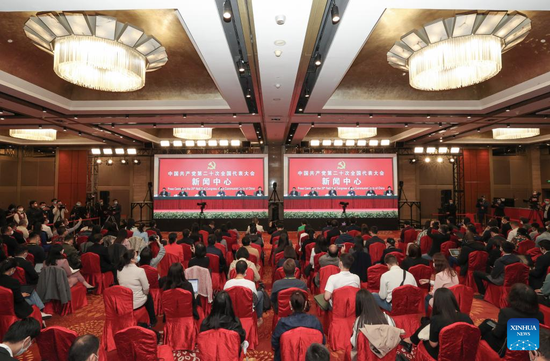
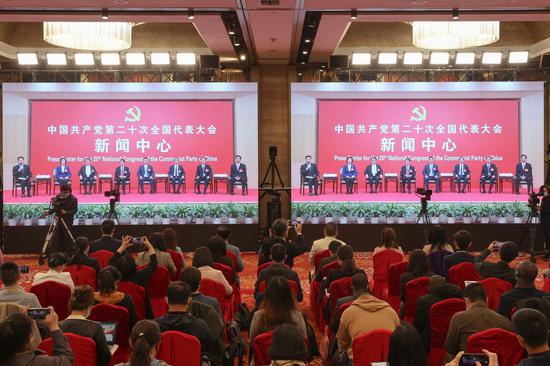
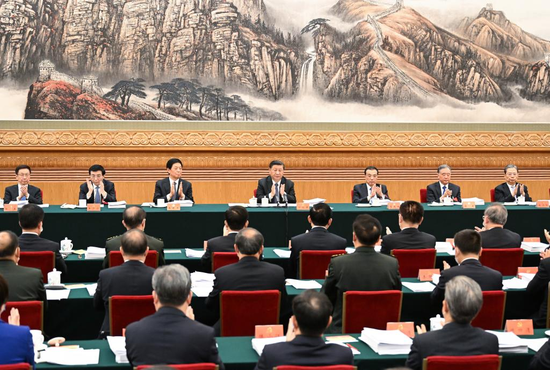







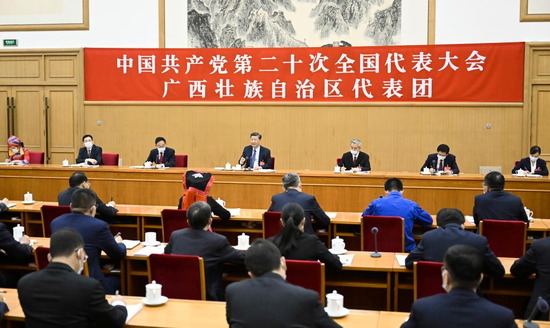











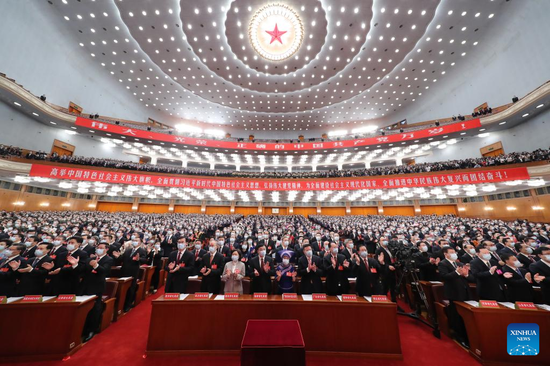
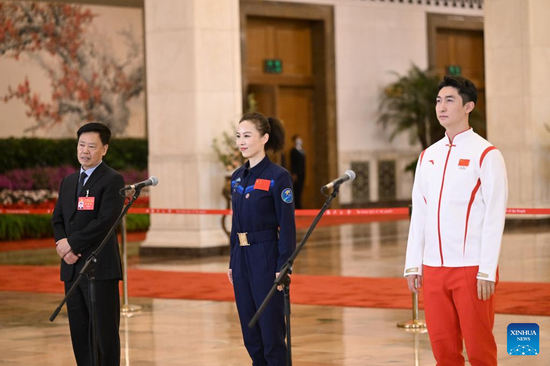
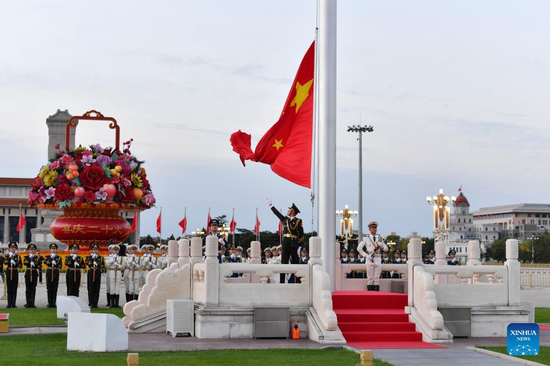
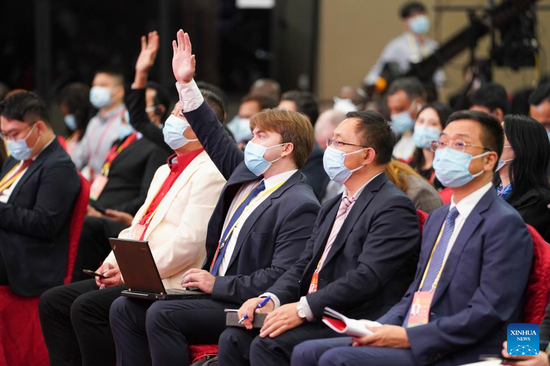
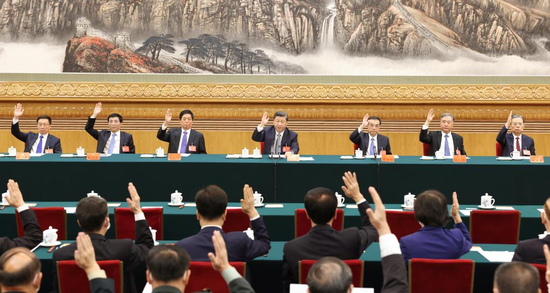









 京公网安备 11010202009201号
京公网安备 11010202009201号